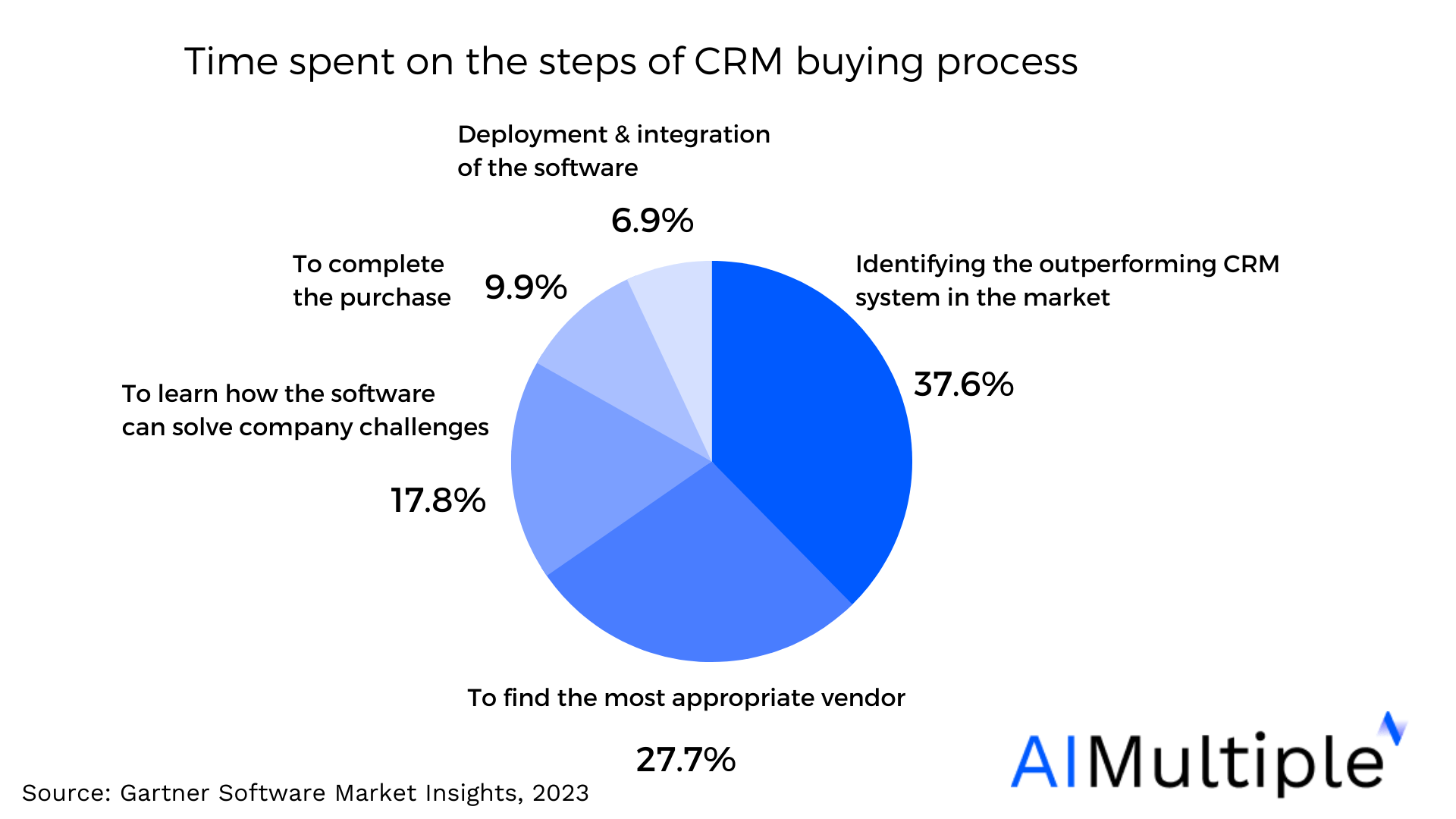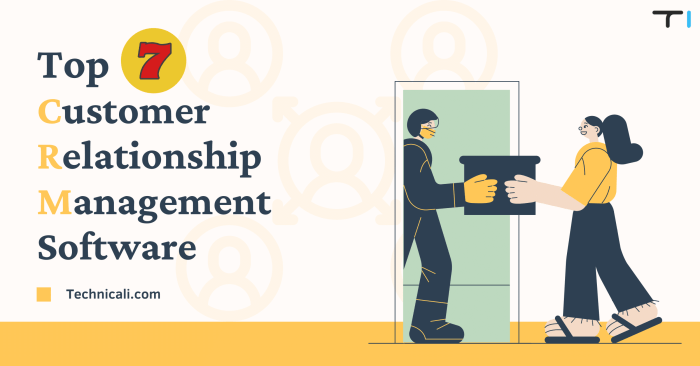Customer service software crm – In today’s competitive landscape, exceptional customer service is no longer a luxury; it’s a necessity. To deliver seamless and personalized experiences, businesses are increasingly turning to Customer Service Software and CRM (Customer Relationship Management) systems. These powerful tools streamline operations, improve efficiency, and ultimately boost customer satisfaction and loyalty. This comprehensive guide will delve into the intricacies of customer service software and CRM, exploring their features, benefits, and how to choose the right solution for your business.
Understanding Customer Service Software and CRM
While often used interchangeably, customer service software and CRM systems are distinct yet interconnected. Customer service software focuses primarily on managing customer interactions and resolving issues efficiently. CRM, on the other hand, encompasses a broader perspective, managing the entire customer lifecycle, from initial contact to post-purchase engagement. A robust CRM often integrates customer service functionalities, creating a holistic approach to customer management.
Key Features of Customer Service Software:, Customer service software crm
- Ticketing System: Organizes customer inquiries, tracks their progress, and ensures timely resolution. This includes features like assigning tickets to agents, setting priorities, and monitoring response times.
- Live Chat: Enables real-time communication with customers, providing instant support and resolving issues quickly. Live chat software often integrates with other customer service tools for a seamless experience.
- Knowledge Base: A centralized repository of information that empowers customers to self-serve and find answers to common questions, reducing the burden on support agents. This can include FAQs, tutorials, and troubleshooting guides.
- Email Management: Streamlines email communication, allowing agents to manage multiple inboxes, automate responses, and track email interactions. Features like canned responses and automated workflows enhance efficiency.
- Call Center Software: For businesses with high call volumes, call center software provides features like call routing, call recording, and agent performance monitoring. This helps optimize call handling and improve agent productivity.
- Social Media Integration: Monitors social media channels for customer mentions and inquiries, allowing for proactive engagement and timely resolution of issues raised on public platforms.
Key Features of CRM Software:
- Contact Management: Stores and organizes customer information, including contact details, purchase history, and interaction logs. This provides a 360-degree view of each customer.
- Sales Force Automation (SFA): Automates sales processes, including lead generation, opportunity management, and sales forecasting. This helps sales teams improve efficiency and close deals faster.
- Marketing Automation: Automates marketing tasks, such as email marketing, social media campaigns, and lead nurturing. This allows businesses to personalize their marketing efforts and reach their target audience effectively.
- Reporting and Analytics: Provides valuable insights into customer behavior, sales performance, and marketing effectiveness. This data-driven approach helps businesses make informed decisions and improve their strategies.
- Customer Segmentation: Divides customers into groups based on shared characteristics, allowing for targeted marketing and personalized customer service. This improves customer engagement and loyalty.
- Integration Capabilities: Seamlessly integrates with other business applications, such as e-commerce platforms, accounting software, and marketing automation tools. This creates a unified view of the customer and streamlines operations.
Benefits of Using Customer Service Software and CRM
Implementing customer service software and CRM offers numerous benefits, including:
- Improved Customer Satisfaction: Faster response times, personalized interactions, and efficient issue resolution lead to higher customer satisfaction and loyalty.
- Increased Efficiency and Productivity: Automation of tasks, streamlined workflows, and centralized information improve agent productivity and reduce operational costs.
- Enhanced Customer Retention: Personalized communication and proactive engagement build stronger customer relationships, leading to increased retention rates.
- Better Data-Driven Decision Making: Comprehensive data and analytics provide valuable insights into customer behavior, allowing businesses to make informed decisions and optimize their strategies.
- Improved Team Collaboration: Centralized information and communication tools improve team collaboration and ensure consistent customer service across all channels.
- Scalability and Flexibility: Customer service software and CRM solutions can scale with your business, adapting to changing needs and growing customer bases.
Choosing the Right Customer Service Software and CRM: Customer Service Software Crm
Selecting the right solution depends on several factors, including:
- Business Size and Needs: Small businesses may require a simpler solution, while larger enterprises may need a more comprehensive platform.
- Budget: Consider the cost of the software, implementation, and ongoing maintenance.
- Integration Capabilities: Ensure the software integrates with your existing systems and tools.
- Features and Functionality: Choose a solution that offers the features you need to meet your specific customer service goals.
- User-Friendliness: Select a system that is easy to use and navigate for both agents and customers.
- Scalability: Choose a solution that can grow with your business.
Popular Customer Service Software and CRM Platforms
The market offers a wide range of customer service software and CRM solutions. Some popular options include:
- Zendesk: A comprehensive platform offering ticketing, live chat, and knowledge base features.
- Salesforce Service Cloud: A powerful CRM platform with robust customer service capabilities.
- Freshdesk: A user-friendly platform with a strong focus on ease of use and automation.
- HubSpot Service Hub: A comprehensive platform integrated with HubSpot’s marketing and sales tools.
- Intercom: A popular platform focusing on conversational support and engagement.
Frequently Asked Questions (FAQ)
- Q: What is the difference between customer service software and CRM? A: Customer service software focuses on managing customer interactions and resolving issues, while CRM manages the entire customer lifecycle.
- Q: How much does customer service software cost? A: Costs vary widely depending on the features, scalability, and vendor. Pricing models include monthly subscriptions, annual contracts, and per-user fees.
- Q: How do I choose the right customer service software for my business? A: Consider your business size, budget, integration needs, desired features, and user-friendliness.
- Q: Can I integrate customer service software with my existing CRM? A: Many customer service software platforms offer integration capabilities with popular CRM systems.
- Q: What are the key metrics for measuring customer service performance? A: Key metrics include customer satisfaction (CSAT), Net Promoter Score (NPS), First Contact Resolution (FCR), and Average Handling Time (AHT).
Conclusion
Investing in the right customer service software and CRM is a strategic move that can significantly impact your business’s success. By streamlining operations, improving efficiency, and enhancing customer satisfaction, these powerful tools contribute to increased profitability and long-term growth. Carefully consider your needs and choose a solution that aligns with your business goals and budget. Remember to regularly review and adapt your strategy to ensure you are maximizing the benefits of your chosen platform.
References
Call to Action
Ready to transform your customer service? Explore the leading customer service software and CRM platforms today and discover how you can elevate your customer experience and drive business growth. Contact us for a free consultation!
Quick FAQs
What are the benefits of using customer service CRM software?
Improved customer satisfaction, increased efficiency, better communication, enhanced data analysis, and ultimately, increased revenue and profitability.
How much does customer service CRM software cost?
Pricing varies widely depending on features, scalability, and vendor. Options range from affordable cloud-based solutions to more expensive enterprise-level systems. It’s crucial to assess your budget and needs before selecting a system.
How long does it take to implement customer service CRM software?

Source: aimultiple.com
Implementation time depends on the complexity of the system and the size of the organization. Smaller businesses might see results within weeks, while larger enterprises may require several months.
What are some common features of customer service CRM software?

Source: technicali.com
Common features include ticketing systems, knowledge bases, live chat integration, email management tools, reporting and analytics dashboards, and customer segmentation capabilities.
Can customer service CRM software integrate with other business systems?
Many CRM systems offer robust integration capabilities, allowing them to connect with other software such as marketing automation platforms, e-commerce systems, and accounting software.
